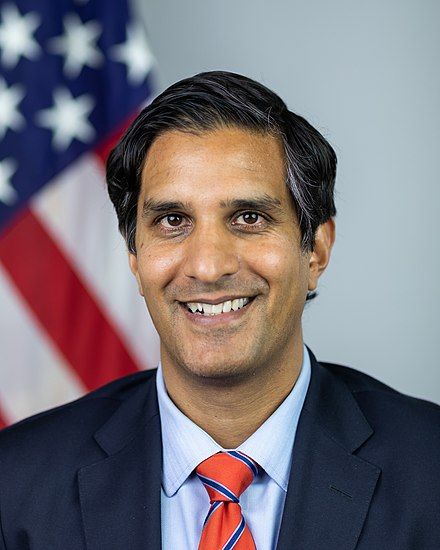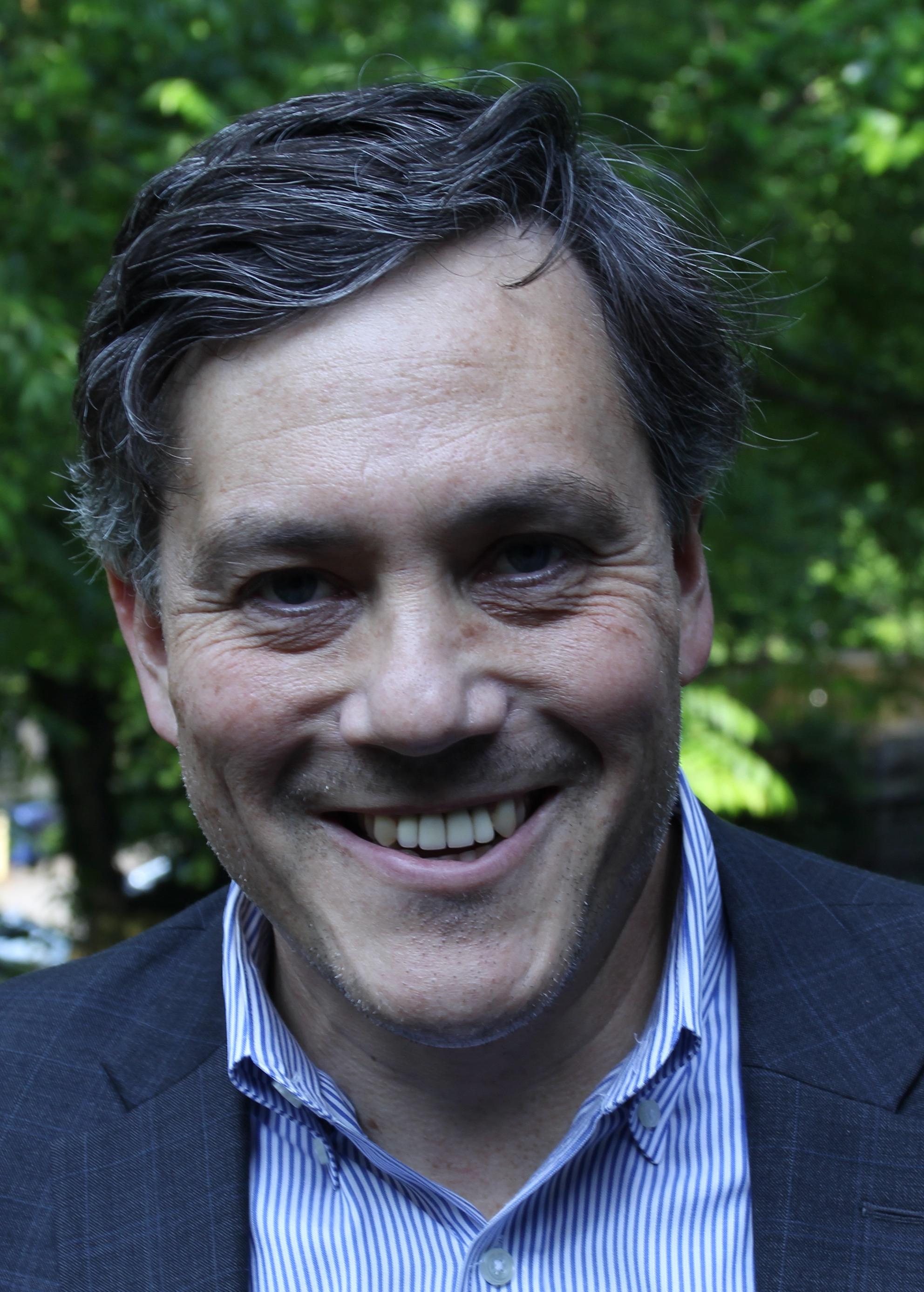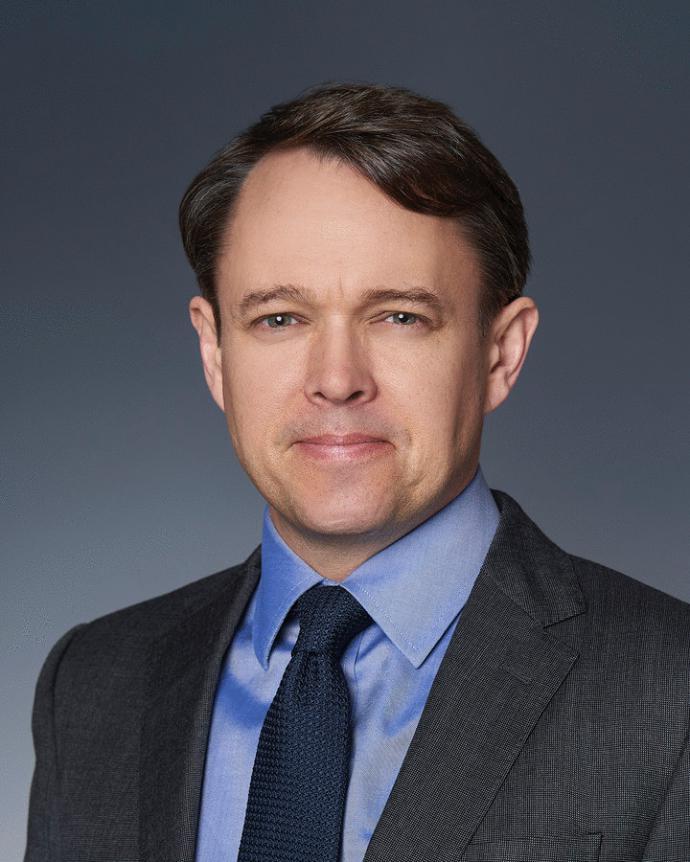{
"authors": [
"Daleep Singh",
"Peter Harrell",
"Christopher S. Chivvis"
],
"type": "event",
"centerAffiliationAll": "dc",
"centers": [
"Carnegie Endowment for International Peace"
],
"englishNewsletterAll": "americanStatecraft",
"nonEnglishNewsletterAll": "",
"primaryCenter": "Carnegie Endowment for International Peace",
"programAffiliation": "ASP",
"programs": [
"American Statecraft"
],
"projects": [],
"regions": [
"United States"
],
"topics": [
"Economy",
"Foreign Policy",
"Trade"
]
}
The International Side of Industrial Policy: A Conversation with DNSA Daleep Singh
Thu, September 19th, 2024
In-Person & Online Event
Invalid video URL
Major U.S. industrial policy actions on semiconductors, clean energy, and defense-adjacent industries depend heavily on cooperation with America's allies and partners. TSMC, SK, and Samsung, for example, have announced tens of billions of dollars in U.S. investments over the past four years, and the Biden-Harris Administration has leveraged companies and expertise from Japan, Canada, and Norway for announcements related to U.S. ports and shipbuilding. U.S. officials, meanwhile, have encouraged allies to adopt industrial policy measures of their own in key sectors, such as Europe's clean energy-focused Green Deal.
Please join the Carnegie Endowment's American Statecraft Program for a conversation on these issues with Deputy National Security Advisor Daleep Singh.
Carnegie does not take institutional positions on public policy issues; the views represented herein are those of the author(s) and do not necessarily reflect the views of Carnegie, its staff, or its trustees.
Event Speakers
Daleep Singh
Deputy National Security Advisor

Daleep Singh serves as the Deputy National Security Advisor for International Economics in the Biden-Harris Administration. Having previously served in the same role in the Biden-Harris Administration, he joined PGIM Fixed Income in June 2022 as chief global economist before returning to the administration in February 2024.
Peter Harrell is a nonresident fellow at the Carnegie Endowment for International Peace. He served as senior director for international economics and competitiveness in the National Security Council during the Biden administration.

